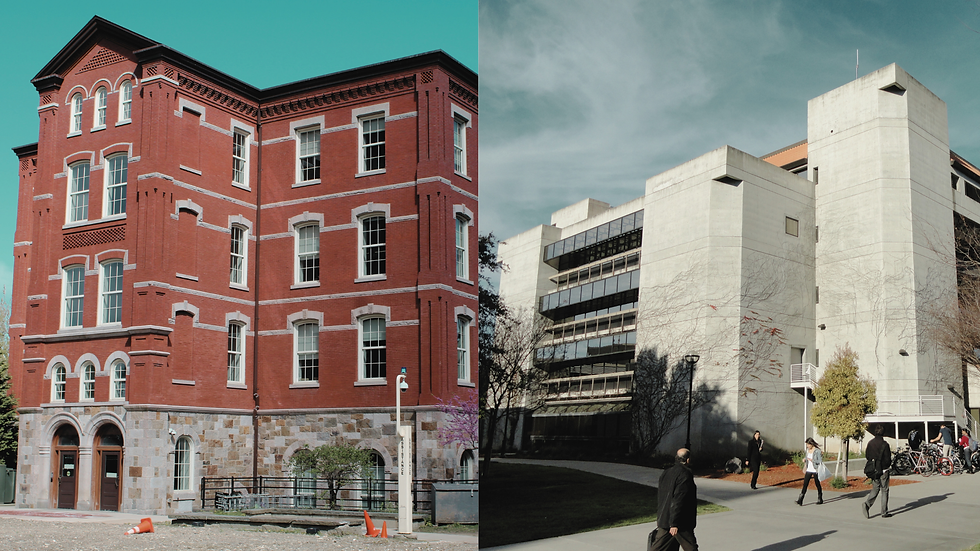Maati Monjib—the Cost of Free Speech in Morocco
- Ebby Abramson
- Jun 29, 2016
- 2 min read
Updated: Mar 12, 2022
Hearings resume this week in the case of seven Moroccan journalists accused of violating national security. The defendants allegedly attempted to compromise citizens’ loyalty to the government and tarnish Morocco’s image by raining citizen journalists to use a smartphone app. If convicted, they could face five years in prison.

Among those appearing in court Wednesday is Maati Monjib, a professor of African studies and political history at the University of Rabat. Monjib is President of the Moroccan Association for Investigative Journalism (AMJI) and a co-founder of Freedom Now, an organization promoting free speech and independent journalism. On September 16, 2015, officials blocked Monjib from leaving the country when he attempted to attend a conference in Spain. On October 6, he began a hunger strike to protest the travel ban, and a week later, he was hospitalized after losing consciousness. Morocco lifted the travel ban on October 29 and formally charged Monjib with harming national security. “Amnesty International is calling on Morocco to drop the charges against these journalists and activists who promoted a secure storytelling app,” said Sirinie Rached, researcher. “Moroccan authorities should also amend state security laws that threaten those who criticize the authorities with imprisonment.” The other defendants are as follows: Abdessamad Ait Aicha (known as Samad Iach), AMJI member and former employee at the Ibn Rochd Center for Studies and Communication; Hicham Mansouri, journalist and former AMJI staffer; Mohamed Essaber/Sber, president of the Moroccan Association for the Education of Youth; Maria Moukrim, journalist and former AMJI president; and Rachid Tarik, retired journalist and AMJI president.
Morocco, long touted as a moderate and stable country in North Africa, is party to the International Covenant on Civil and Political Rights and is thus bound to respect the civil and political rights of individuals, including the right to free speech.




